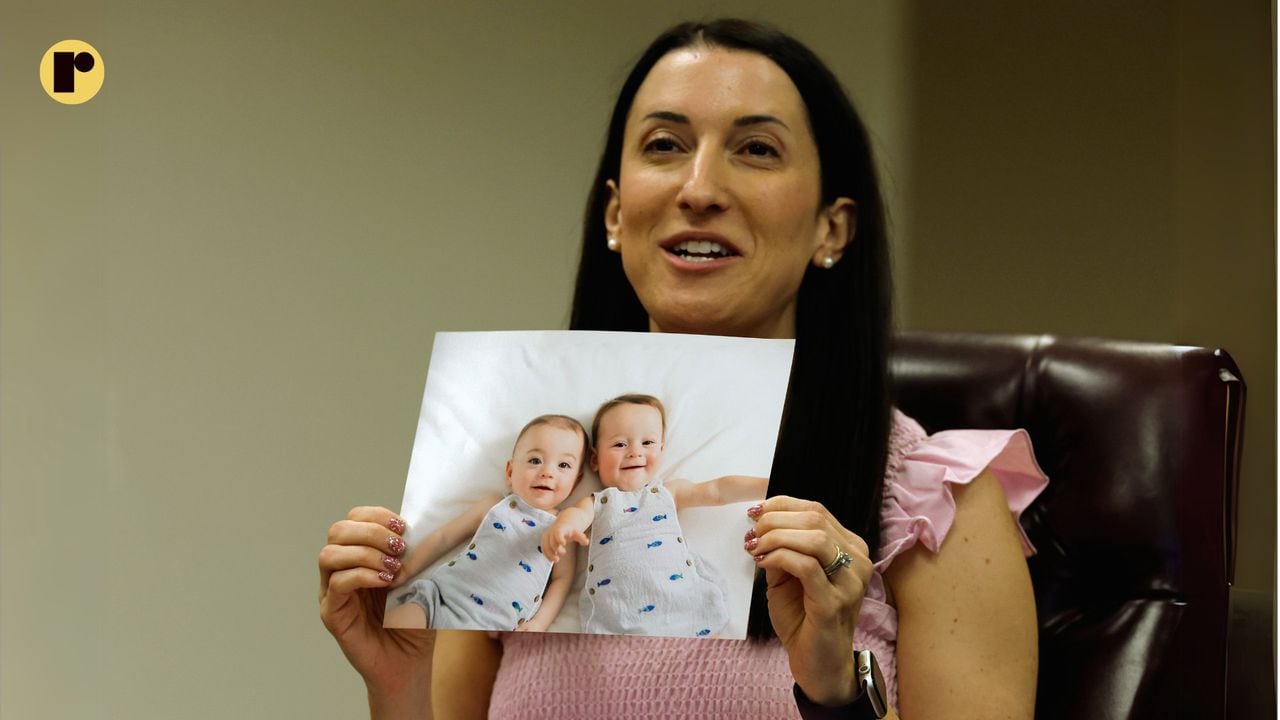On February 16, a ruling was made stating that frozen embryos could be classified as children under state law.
Chief Justice Tom Parker, in a concurring opinion, referenced the Bible, Christian tradition, and theology to explore the concept of “the sanctity of unborn life” in relation to the Alabama Constitution. Justice Parker emphasized conservative evangelical Christian theology, which views life as divinely inspired and created, requiring protection. He linked his decision to limit the use of embryos to a scriptural interpretation that elevates embryonic material to a protected status, citing Genesis 9:6.
Despite Justice Parker’s theological stance, he did not directly address the ethical implications of using embryos for life creation or demonstrate a comprehensive understanding of reproductive science.
A public health professor from John Hopkins highlighted the risks associated with thawing and preparing frozen embryos for transfer, underscoring the legal complexities arising from the classification of in vitro embryos as persons in Alabama.
Justice Parker’s argument, steeped more in superstition than theology, overlooks the narrative of surrogacy in the story of Jesus and the emphasis on community expansion through adoption in Christian faith. While advocating for the protection of life, Justice Parker fails to clarify how his decision safeguards life, instead romanticizing conception and emphasizing the preservation of miracles in Alabama.
The author, reflecting on their experiences in Alabama, challenges Justice Parker’s assertion of sanctity towards children in the state, citing systemic failures in education, poverty, and healthcare that betray a lack of care and empathy for the youth.
The narrative delves into the broader social issues in Alabama, highlighting statistics on poverty, education, and healthcare disparities. The author critiques the disconnect between Justice Parker’s emphasis on protecting life and the harsh realities faced by children in the state, suggesting a disparity between rhetoric and action.
The discussion extends to Alabama’s stringent abortion laws and the erosion of women’s reproductive rights, portraying a landscape where women’s autonomy is severely restricted. The author accuses Justice Parker of using theological justifications to exert control over women’s bodies, framing the legal decisions as a means of enforcing patriarchal authority rather than upholding sanctity.
In challenging Justice Parker’s theological stance, the author questions the morality of a faith that promotes hostility and restricts individual choice. The narrative concludes by urging reflection on the intersection of faith, autonomy, and state intervention in reproductive rights.
The concluding note introduces the author as a rural pastor in eastern North Carolina, exploring themes of faith, spirituality, and community, with a touch of humor at the intersection of strong Wi-Fi and good BBQ.
